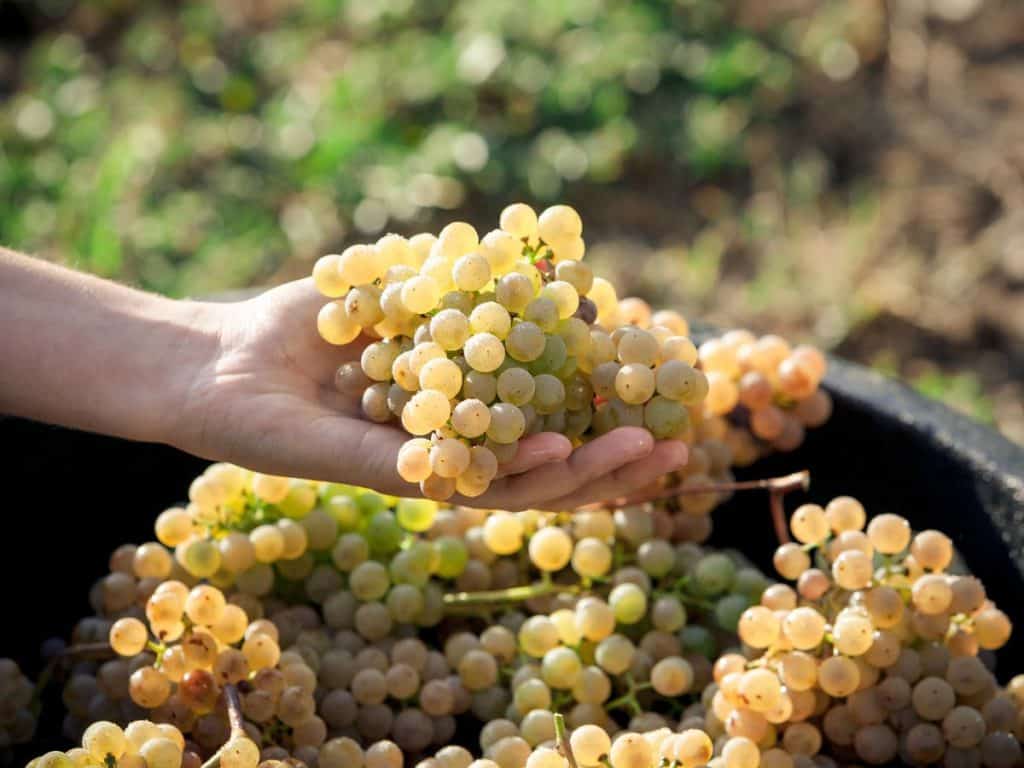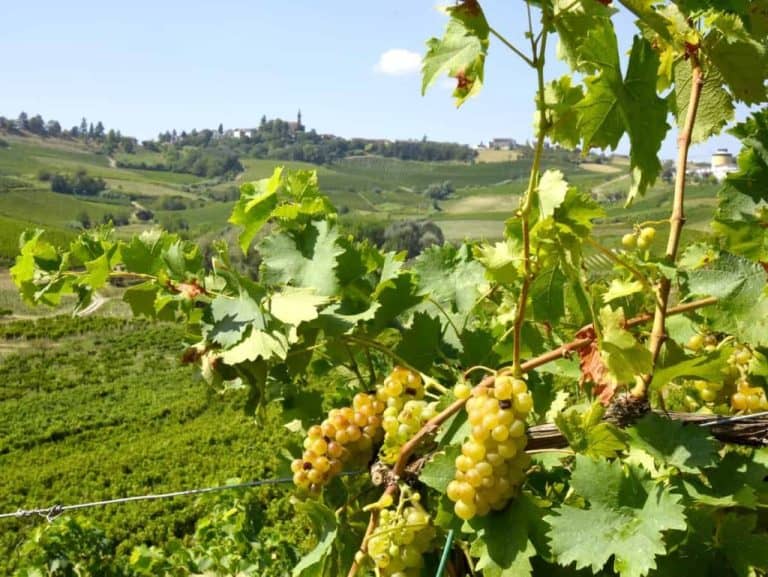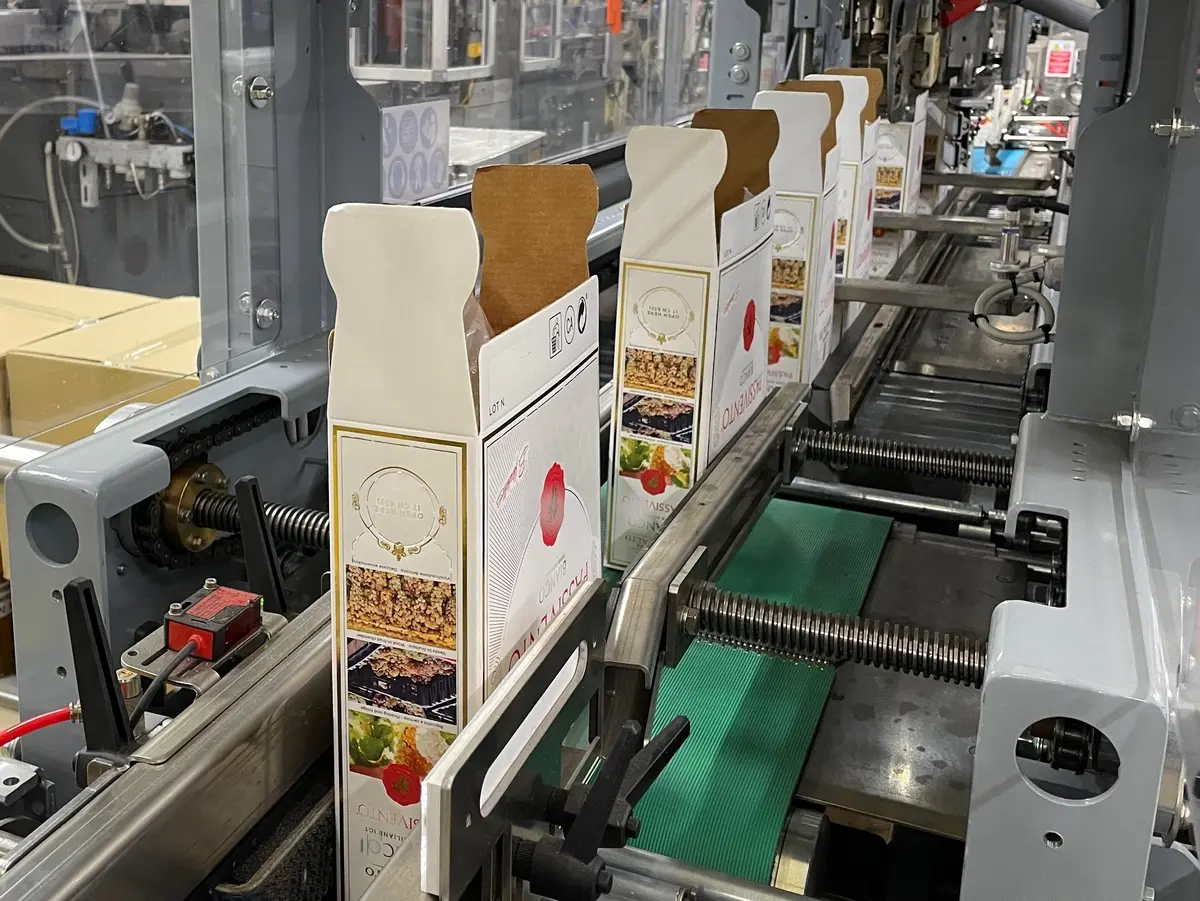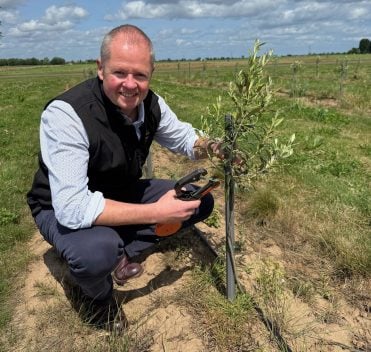Asti DOCG is also turning its attention to the world of Piwi, the disease-resistant grape varieties that are becoming increasingly widespread in viticulture. The Asti Consortium has, in fact, launched a trial with the Umberto I Education Institute in Alba focusing on the viticultural and oenological potential of resistant aromatic varieties.

Other denominations that have begun trials
At present, the use of Piwi varieties is not permitted for DOC and DOCG wines in Italy, but several Consortia have started experimental trials in preparation, as there is currently a draft law, submitted by Senator Pietro Patton, awaiting approval.
In particular, Pinot Grigio delle Venezie has already planned for their inclusion in the updated regulations, but the real novelty is concerning the world of sparkling wines. Another consortium to have announced trials is, in fact, that of Prosecco DOC, while Franciacorta has repeatedly expressed interest.
The new study on resistant aromatic grape varieties
The Asti DOCG study is therefore a reflection of the times in a context of climate change, which demands the search for new approaches. Among the advantages of resistant varieties, in addition to their ability to withstand vine diseases, is a reduction of up to 70% in vineyard treatments.
“Climate change is forcing us to rethink the entire production approach, even in our sector,” says Stefano Ricagno, president of the Asti DOCG Consortium. “In Piedmont, resistant aromatic varieties had never been studied before. As a Consortium, we have therefore decided to actively participate in this project, making our know-how on the white Moscato grape available. Only through research can we identify innovative technical solutions for increasingly advanced and sustainable viticulture.”

The trial on Muscaris
The research activity includes the cultivation of a field owned by the Institute located in the municipality of Alba, and one owned by a member company of the Consortium. In both sites, the reference variety will be white Moscato, alongside resistant varieties selected for the trial.
The first to be introduced will be Muscaris (using the T-bud grafting technique), while studies are underway for the possible inclusion of other resistant aromatic varieties. From 2026 and for three years, weekly phenological observations will be carried out (from bud break to leaf fall), productive analyses (fertility at flowering, average production per vine, and average bunch weight), and phytosanitary checks to monitor resistance to downy mildew, powdery mildew, botrytis, grapevine yellows, and phytoplasmosis. Each variety will be tested on 50 grafted plants, with annual updates of technical data sheets and the experimental site layout. Vinification will follow a standard protocol for still white wine, in order to assess the organoleptic characteristics of the trial varieties.
Registration in the national and regional registry
At the end of the project and based on the results obtained, it will be possible to submit an application to include the resistant aromatic grape varieties among those potentially authorised for cultivation in Piedmont.
The process for approving Piwi varieties is, in fact, very lengthy and initially involves field trials, followed by four years for registration in the national vine registry, and six years for regional authorisations. Once a new grape variety is registered, it is not automatically valid across the entire national territory, but must be authorised at the local level by the region.


 The Paris restaurant where a different tasting menu is served every day
The Paris restaurant where a different tasting menu is served every day 'Balance between evolution and continuity': the identity of Conti Zecca
'Balance between evolution and continuity': the identity of Conti Zecca Why the Italian wine industry should 'stick to it' in the US market
Why the Italian wine industry should 'stick to it' in the US market Langhe Nebbiolo DOC in bag-in-box: the rule change dividing producers
Langhe Nebbiolo DOC in bag-in-box: the rule change dividing producers 'Wine knowledge in Nigeria is evolving'
'Wine knowledge in Nigeria is evolving'





